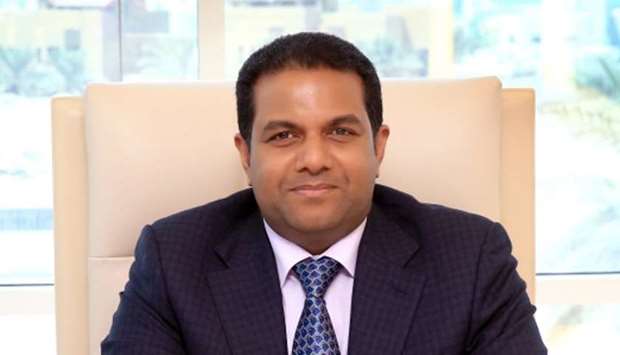Qatar has taken the glorious path to self-reliance in the last three years, says Dr Mohamed Althaf, director, LuLu Hypermarkets, Qatar.
“The term self-sufficiency is often used interchangeably with self-reliance. While self-sufficiency is a laudable aim, it is impossible for any nation or community to become fully self-sufficient,” he told Gulf Times on Saturday.
On the other hand, self-sufficiency is shaking on the dominance or dependence on other economies and developing the abilities to truly manage the national economy.
“The State of Qatar has taken this glorious path to self-reliance after the blockade. The journey, however, was not easy.
“It took a lot of courage, conviction and sacrifices. But while looking back, one feels that all that pain was worth taking and the efforts did not go in vain,” Althaf noted.
He said the blockade of three years was a “huge shock” for the companies and the people of Qatar, and “disrupted” the way products were sourced, businesses conducted and the way in which they took free flow of goods and people for granted.
That is when the business community in Qatar with abundant support from the government decided to think out of the box and made “self-reliance a cornerstone” of their commercial decisions.
The progress in self-reliance has been remarkable in that from a modest 6% of local sourcing the number went up to 40% within one year (of the blockade), noted Althaf, a member of the Qatari Businessmen Association (QBA).
“Companies like us invest more locally in logistics in Qatar and in other transportation hubs outside the region. Anecdotally, one of the proudest moments in my career was a BBC story on our successful sourcing operations in the UK to Qatar,” Althaf said.
The blockade also helped to bring nationals, residents and communities living together in Qatar, even closer. The producers, suppliers and retailers in Qatar stopped being competitors by the realisation that they are equal stakeholders of the same game.
He said, “People realised that the importance of keeping production and distribution closer to home not only as a commercial decision but also as a national security matter.”
Althaf noted Qatar “stopped being a just small market and became an active partner” with the leading companies worldwide, and long-pending initiatives on smart manufacturing, start-ups and local production have taken a sense of urgency. Within two years, the local production of all essential goods became self-sufficient comfortably, and in some cases, started to generate exportable surplus.
“Many multinational companies now started dealing directly, realising the potential. This also gave an opportunity for Qatar to realise that though the challenges were unexpected and immensely undesirable these are not necessarily insurmountable.
“This experience taught Qatar how to deal with any national emergency better and act as a good dry run in dealing with the pandemic crisis,” Althaf added.


